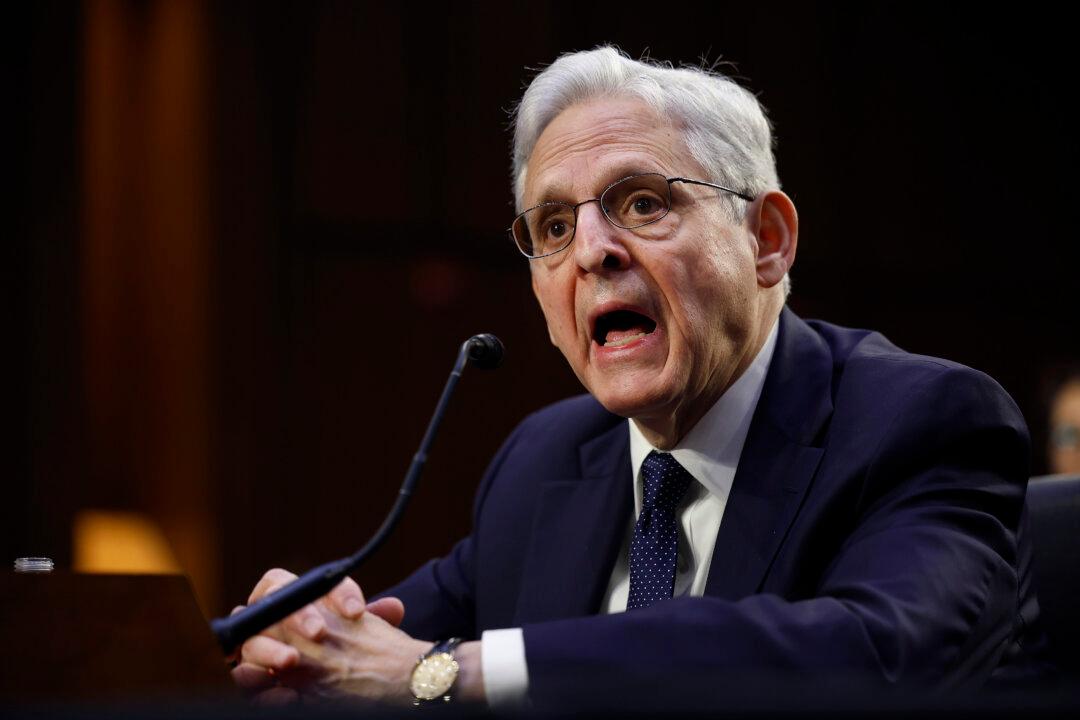Attorney General Merrick Garland on March 1 told the Senate Judiciary Committee that the fentanyl crisis raging across the United States was started “on purpose” by Mexican drug cartels.
Fentanyl and Mexican drug cartels were a key focus for Republicans during the hearing, which marked Garland’s third appearance before the Judiciary Committee as attorney general but his first appearance during the 118th Congress.





